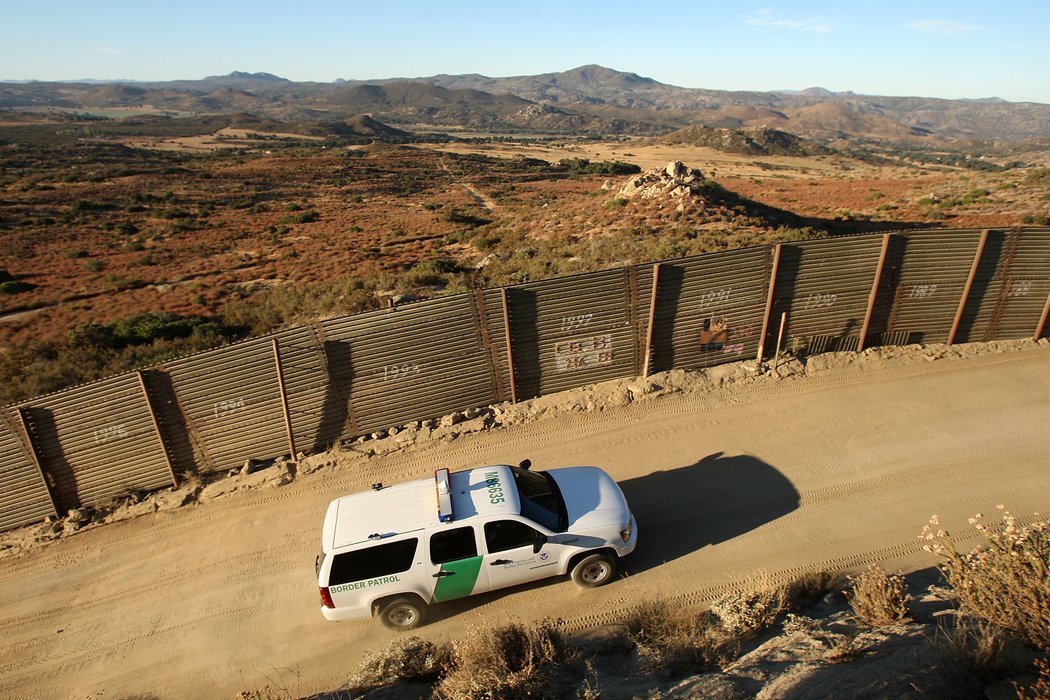Rocks vs guns: the struggle at the border
Border Patrol shootings bring up issue of justification for violence. By Alex Wells
The U.S. Border Patrol recently clarified to its agents that deadly force is only permissible in response to what the agents perceive as a deadly threat. This follows several incidents in which people, many of them teenagers, threw rocks at Border Patrol agents and were shot and killed in return.
Since this gives the Border Patrol agents conditional control over whether other people live or die, the public response has been varied. Shawn Moran, vice president of the Border Patrol agents’ union, explained that the recent announcement is not a change in policy but simply a reminder of existing policy.
These rocks, thrown by children, may or may not have actually posed a lethal threat. Perhaps a more pressing question asks whether these American agents, already armed and stationed on the border of Mexican soil, should be given the right to decide for themselves whether they should be allowed to kill Mexican citizens. One could reasonably argue that their presence is already provocation enough for a patriotically-minded Mexican citizen to be moved to violence. One could also reasonably argue that skirmishes fought with rocks on one side and guns on the other demonstrate a clear power differential. This precludes any kind of just or peaceful relationship between American agents and Mexican citizens.
This is not the first time our national preoccupation with stemming the flow of illegal immigration, specifically but perhaps unofficially Latino illegal immigration, has manifested itself in violent and unpredictable ways. This does not mean that we cannot examine exactly why we as a country feel the need to establish such a presence in neighboring countries. We can also not examine why someone would want to attack Border Patrol agents in the first place, or any issue besides the circumstances under which we empower them to shoot to kill.
We must examine anything involving the U.S. Border Patrol in a wider context than just isolated incidents. Otherwise, we gloss over a century of American imperialist intervention in Latin American society at every level, along with any justification for the actions of its citizens.

